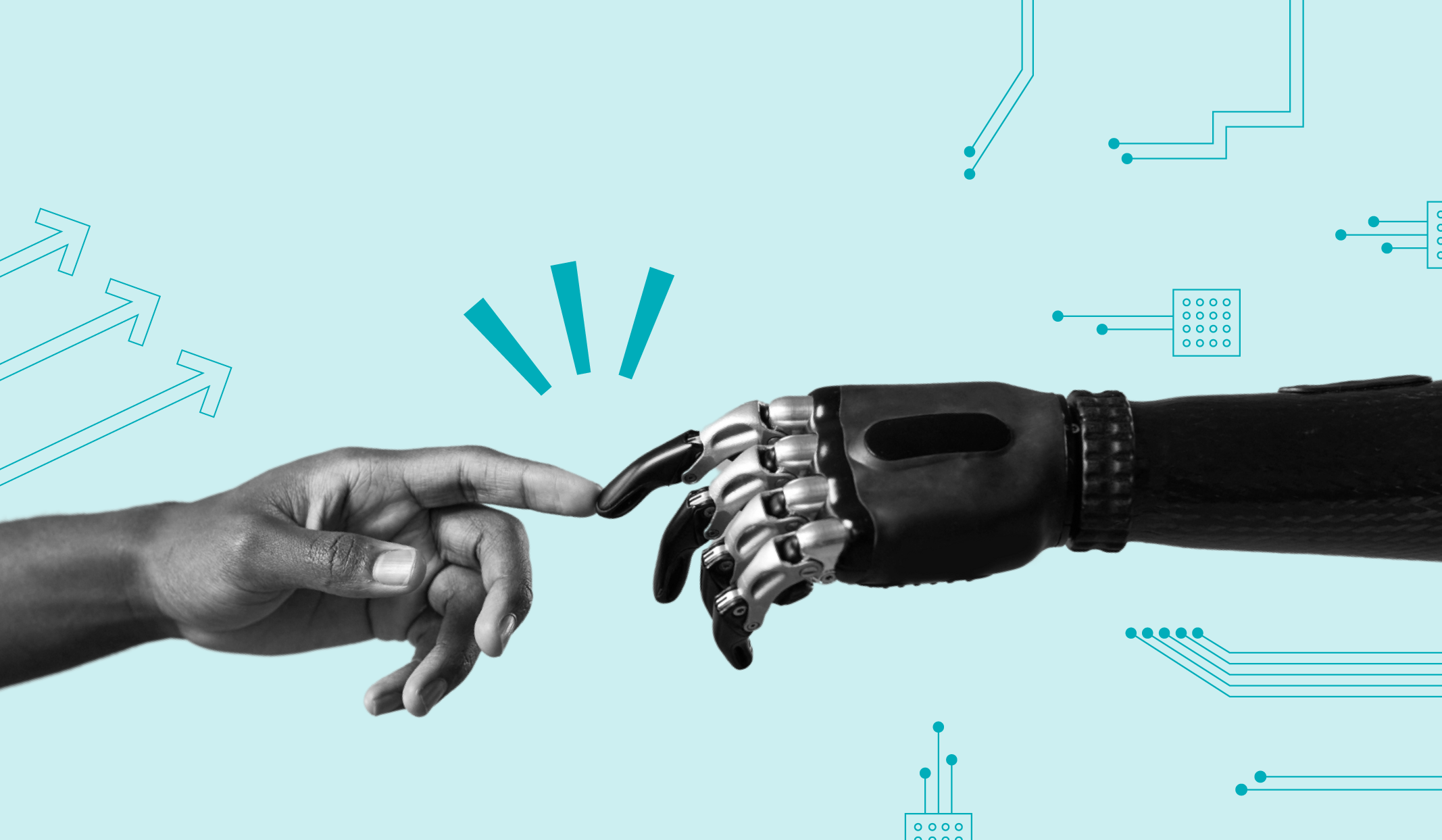Look, not too long ago, what sounded like science fiction were stories of robots that looked like people, machines that came to make life easier and, sometimes, even to control us. But that “fiction” is a lot closer than we thought. The Internet of Bodies (IoB) is already here, and it’s not just about carrying a phone glued to your hand. No, we’re talking about implanting technology directly inside us. Inside you. Inside me.
Let’s put it simply: today we have implantable devices that are doing amazing things inside the human body. From pacemakers that send data directly to your doctor to sensors that can monitor your heart rate in real time. All with the noble aim of keeping us healthy, of optimizing our lives. But be careful, because where there’s technology inside the body, there are also risks. And we’re not talking about low batteries or lack of signal. We’re opening the door to a tech dependency that could end up costing us more than we gain. Today, I’ll walk you through the shiny side—and the darker side—of this inner revolution.
The devices that are transforming medicine
Imagine you have a tiny device inside you, something so small you can’t even feel it. It’s there, working, monitoring. It measures your blood sugar levels and, if they’re off, automatically releases a dose of insulin. For people with diabetes, this is pure gold. No more pinpricks or sudden scares. Examples? The Senseonics, Incorporated (Eversense) is an implantable glucose sensor that tracks levels non-stop and connects to an app for real-time adjustments. Or the popular FreeStyle Libre by Abbott , which also continuously monitors glucose in people with diabetes. But now these systems can send that data directly to the doctor, who can even adjust the treatment through the company’s app.
And let’s take it up a notch: Neuralink, the company founded by Elon Musk, is already testing brain implants designed to connect the human brain directly to a computer. Musk’s vision is to help people with paralysis, but the real dream is for these devices to link us to artificial intelligence and amplify our capabilities. Sounds great, right? But let me ask you something: are we really ready to let a private company control something that connects to our brains? Just how far are we willing to go with this tech inside our heads?
There’s no question that these advances are improving lives. But the question remains: at what price? Because this other side of the coin is serious, and it’s worth paying attention to.
Privacy at risk: who controls what’s happening inside you?
Wearing a watch that tracks your pulse is one thing; having an implant inside your body is another story. Here, you can’t just turn it off whenever you want. You can’t throw it in a drawer. It’s inside you. The data it generates is technically yours, but it also belongs to whoever processes it, and that’s where it gets tricky. Imagine you’re offered a discount on health insurance in exchange for sharing that information. Sounds good, right? In theory, you could say no. But in practice, we know it’s never that simple.
And privacy isn’t the only issue—there’s also cybersecurity, and it’s a big one. Take this example: the Cochlear Nucleus® System, an auditory implant that improves hearing for those with hearing disabilities and that also connects to the Internet and Bluetooth-enabled devices for updates or call streaming. Is it convenient? Yes. Vulnerable? Absolutely. Because any connected device is susceptible to hacking. If someone tampers with such a device, it opens up a whole new set of problems. We’re not just talking about data leaks here; we’re talking about going right into the depths of someone’s life. Where does privacy stand when you can’t even control what’s inside your own body?
The ethical dilemmas: how far should we go in modifying the human body?
If the Internet of Bodies were limited to monitoring diseases and keeping us healthy, doubts would be minor. But the truth is that IoB is also opening the door to what some are calling “augmented humans.” Let me explain: Mojo Vision , for example, is a company developing smart contact lenses that deliver real-time augmented reality. You put them on, and you’ve literally got data overlaying your natural field of vision instantly. Is it useful? Sure. But just how much “enhancement” do we really want? Because, believe me, this tech is being designed to change how we see the world, and this may only be the beginning.
And here’s another example: Epicenter in Sweden allows employees to implant RFID chips under their skin to make payments in the cafeteria or log working hours. No more cards, no more keys. It’s convenient, true, but where do we draw the line? Just how far are we willing to let this technology evolve and start monitoring human behavior?
The ethical dilemma here is intense: do we want a future with “enhanced” humans and “unenhanced” humans? Because let’s be honest, only a few will be able to afford it. Are we ready to live in a world where humanity is divided between those with access to these advances and those without?
The human body: the next target for hackers
If it’s connected, it’s vulnerable. Ten years ago, hackers targeted computers, then mobile phones. Today, the human body looks like the next frontier. We’re talking about pacemakers, sensors, implants. We’re talking about FreeStyle Libre, Senseonics Eversense, Cochlear Nucleus® System, and even Mojo Vision’s smart lenses. All of them gather biometric data, health patterns, physical reactions. And if someone decides to hack into one of these devices, we’re dealing with a direct security issue. A hack on your phone is annoying; a hack on your pacemaker could be deadly.
Without advanced cybersecurity protocols, these developments open up a totally new scenario. Are we really willing to put our lives in the hands of a device that could turn against us in the wrong hands?
The future of IoB: between regulation and innovation
The issue here is that technology is advancing faster than laws can keep up. Today, there’s no specific regulation to protect our privacy or security in the IoB. Governments, tech companies, and society need to move fast and work together to set clear boundaries on what can be done, who can access that data, and how it’s protected. Because, what’s the point of technology if only a few people can afford it, and it compromises the privacy and safety of everyone?
If there’s one thing that should be clear, it’s that IoB must develop in an ethical and fair way, or it could end up slipping through our fingers.
Is IoB a step toward progress or dependence?
The Internet of Bodies is neither good nor bad on its own. Like any technology, it all depends on how we use it. The advances sound good: a longer life, a better quality of life, personalized medicine. But do we really want a world where even our own bodies have no privacy? Are we ready to depend on a device for our daily lives or our health?
Here’s the question for each of us: how much of our autonomy are we willing to give up to technology? Because this isn’t just about devices or apps; it’s about something much bigger.










